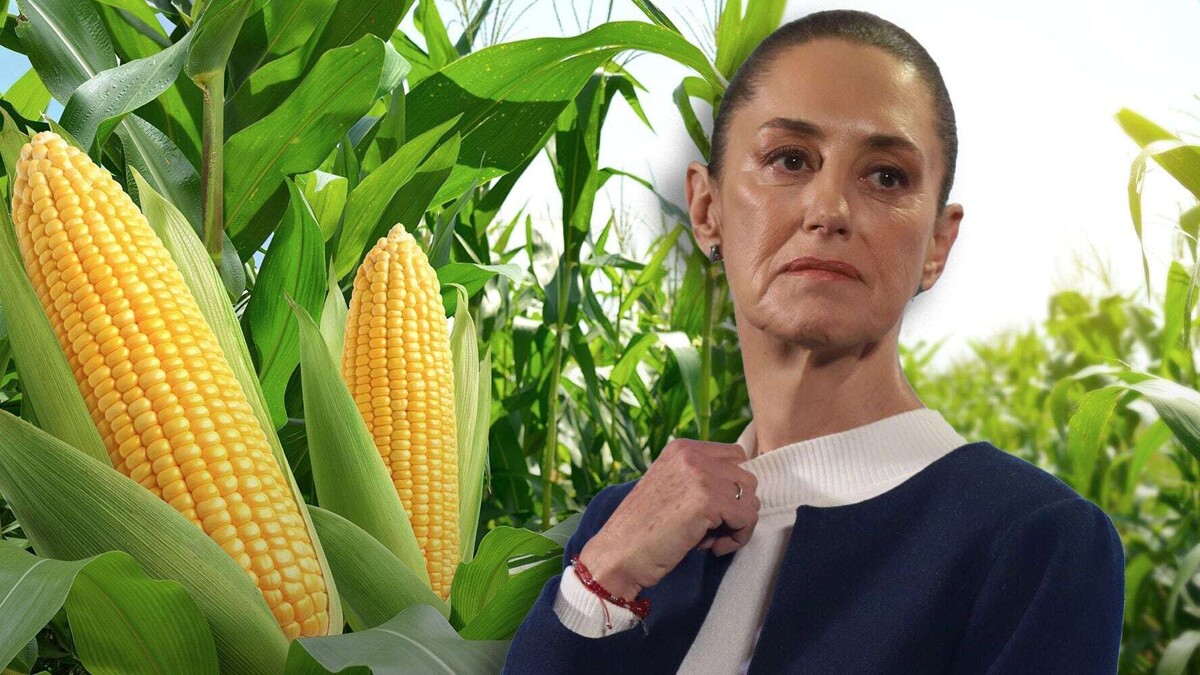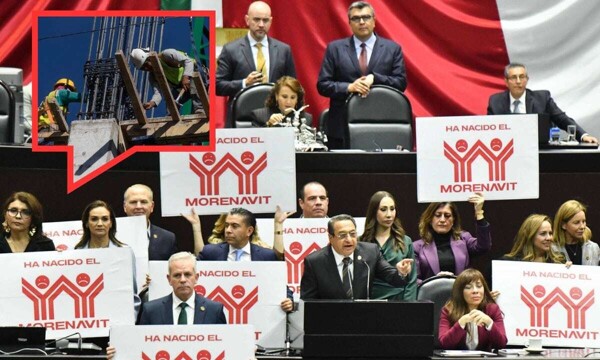
The president of Mexico, Claudia Sheinbaum, announced in a press conference that she will propose a constitutional reform to prohibit the planting of genetically modified corn in the country. This proposal comes after the publication of an agreement in the Official Journal of the Federation that eliminated crucial provisions of the presidential decree of 2023 from Andrés Manuel López Obrador, which sought to restrict the use of genetically modified corn in Mexico.
In her statements, the president stated: "Work will be done on a constitutional reform, so that genetically modified corn cannot be planted in our country." A meeting will be held with the Secretariat of Agriculture and Rural Development (Sagarpa) and the Secretariat of Agriculture and Rural Development (Sader) to ensure that work is being done on the corn reform. Additionally, she mentioned the importance of considering the proposals from some organizations like 'Without Corn There Is No Country.'
The Mexican government has taken a step back in its policy of restriction on genetically modified corn, which has generated trade tensions with the United States, the main supplier of this grain. The measure adopted by President López Obrador was part of his strategy to promote food self-sufficiency and protect native varieties of corn.
Regarding the modified decree issued by the Secretariat of Economy, it eliminates key provisions that revoked authorizations for Genetically Modified Corn intended for human consumption, and promoted its substitution in the animal, industrial, and human consumption sectors. This measure had been criticized by producers, industrialists, and trade partners for violating the USMCA.
The trade conflict escalated with the USMCA Panel's ruling in December 2024, which determined that the restrictions imposed by Mexico had no scientific basis and violated the trade commitments established in the treaty. The panel concluded that the measures did not meet the required international and scientific standards. This controversy was initiated by the United States and supported by Canada, which challenged certain aspects of the Mexican decree regarding glyphosate and genetically modified corn from 2023.














